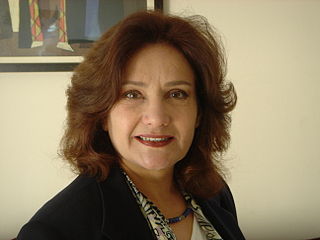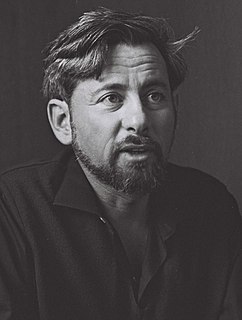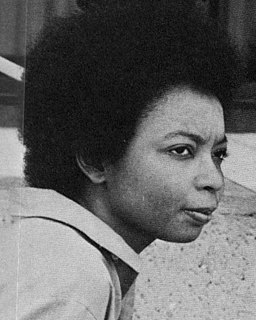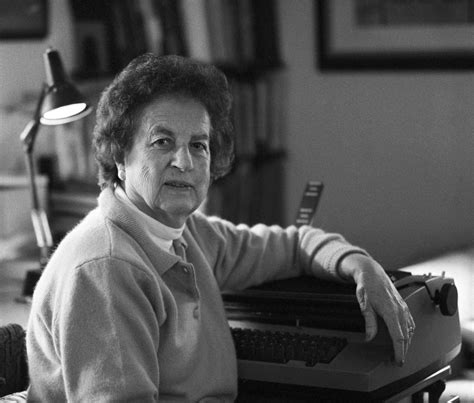A Quote by David A. Adler
My first biography was 'Our Golda: The Life of Golda Meir.' To research that book, I bought a 1905 set of encyclopedias. Those books told me what each of the places Golda Meir lived in were like when she lived there.
Related Quotes
Media hosts just talk about Golda Meir and Margaret Thatcher and again miss the point. I was talking about AMERICAN culture, ladies and gentlemen. As I pointed out, if Margaret Thatcher or Golda Meir, by the way, she didn't care, and Margaret Thatcher didn't care how she look like. If Margaret Thatcher were running for president today, as she was when she was the Iron Lady, we wouldn't have her mom doing television commercials telling us how wonderful she was when she was a kid and how nice she is.
By that time it was already clear that the next prime minster was going to be Golda Meir, a woman whom I frankly detested - a mutual sentiment, I might add. I knew her as an opinionated, obstinate person, primitive in her outlook, rigid in her attitudes, with a genius for reaching and exploiting the deepest fears and prejudices of the Jewish masses. I was certain that with her as prime minister, all peace efforts would come to a total standstill.
Patti [ Scialfa] was an artist and a musician and she was a songwriter. And she was a lot like me in that she was transient also. She worked busking on the streets in New York. She waitressed. She had - she just lived a life - she lived a musician's life. She lived an artist's life. So we were both people who were very uncomfortable in a domestic setting, getting together and trying to build one and seeing if our particularly strange jigsaw puzzle pieces were going to fit together in a way that was going to create something different for the two of us. And it did.
When I would sell encyclopedias, I would drive down the road looking for a house with a swing set in the back, and I'd say, "Oh, those folks got kids. They need some books." I'd knock on their door and sell them a set of encyclopedias, and those books were from $300 to $600. I'd look around the house, and if there wasn't that much furniture in the house, I felt a little bad about selling a $600 set of books to people who couldn't afford a couch. So I didn't last at that job very long.
My great-grandmama told my grandmama the part she lived through that my grandmama didn't live through and my grandmama told my mama what they both lived through and my mama told me what they all lived through and we were suppose to pass it down like that from generation to generation so we'd never forget.
My mother lived her life through movies and books - she read everything there was to read. And she read to me every night. I never went to sleep without her reading to me. And she fantasized about the book and she would talk about it, the place, and you would think that after she read the book and after she told you stories about it, that she had actually been there. I learned about story from her, and I learned the value of a great story, and the value of great characters.
Those shining stars, he liked to point out, were one of the special treats for people like us who lived out in the wilderness. Rich city folks, he'd say, lived in fancy apartments, but their air was so polluted they couldn't even see the stars. We'd have to be out of our minds to want to trade places with any of them.
When I lived in China, there were no libraries. My mother bought books for me, and they were mostly the classics. I read 'Peter Pan,' 'The Secret Garden,' the 'Rosemary' books, and Kipling's 'Just So' Stories was one of my favorites. No, I didn't read historical fiction. It didn't exist where I was growing up in China.






































